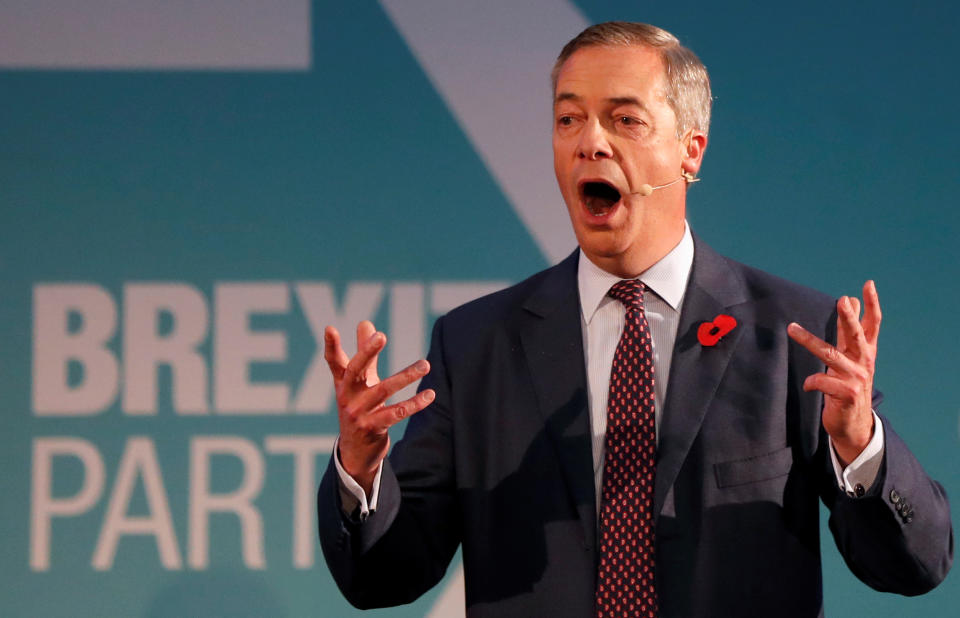Why are we having a general election in 2019 in the UK?
The UK is having another general election - the third in just five years.
Elections usually take place every five years and the next one wasn’t due until 2022, but instead we’re having a snap poll on December 12.
So why are we having a general election now?
Prime Minister Boris Johnson tabled a motion for an early general election last month after MPs forced him to request a Brexit extension from the EU until January 31.
After being defeated on three previous attempts to call an election, MPs voted in favour of the PM’s plans for a December general election last month, backing his Early General Election Bill by 438 to 20.
The move came after Labour leader Jeremy Corbyn announced his support for a snap election.

What does Boris Johnson hope to achieve with a general election?
Boris Johnson had pledged to get the UK out of Europe, saying he would rather "die in a ditch" than not succeed in making Brexit happen on October 31.
But without a majority, he has struggled to get his own Withdrawal Deal through Parliament and was forced to request an extension from the EU until January 31 next year after MPs passed the Benn Act to block a No Deal Brexit.
The Prime Minister hopes that a general election could bolster the Conservative Party’s seats, giving him the majority he needs to get his deal through.
Why does he need a majority anyway?
Getting laws passed in the UK involves a process that goes through Parliament.
Ultimately MPs vote on whether new legislation should be passed. In some cases they can vote however they see fit, but on some issues they can be directed by the party ‘whip’ to vote in a certain way.

But without a majority, even if Boris Johnson instructs his party to vote in favour of his deal, it still can’t get through.
By calling a general election and hopefully bolstering the number of Conservative MPs in Parliament, he’ll be hoping that will help get his Brexit deal through.
What are the chances of Boris Johnson’s plan succeeding?
If it works, a general election could solve all of Boris Johnson’s problems and allow him to finally deliver Brexit.
But there are risks.
Mr Johnson will have to fight off not only Labour, but the Liberal Democrats who appear to be performing well.

He also faces a threat from the Brexit Party, who will be keen to point out that the PM couldn’t stick to his word of delivering Brexit. Nigel Farage’s party could stand to gain Conservative voters who just want to see the UK leave the EU - even if that means a no-deal Brexit.
The proximity to Christmas also doesn’t bode well. Already suffering from a bit of Brexit and politics fatigue, the general public could well decide they’d rather focus on the festive season than yet another election, while bad weather can also stop people turning out at polling stations.
If you’re superstitious, you might also be aware that the results of the first Christmas election in Britain since 1923 will be declared on Friday 13. Unlucky for some...

 Yahoo News
Yahoo News 

